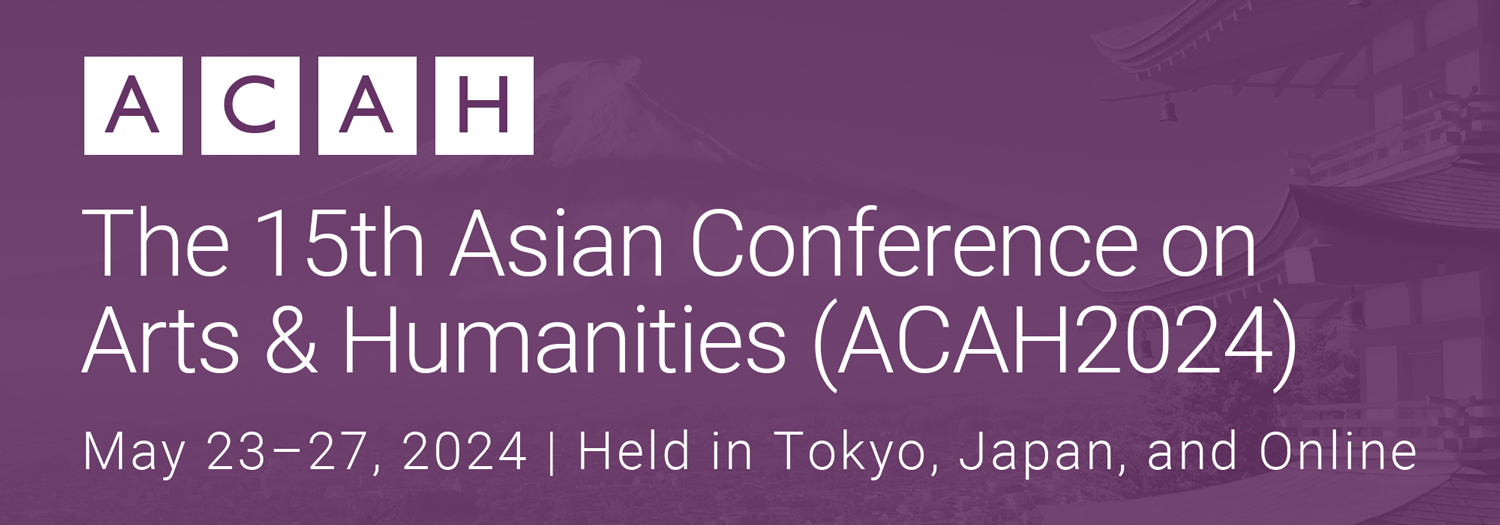Reconfiguring our understanding of a literary canon around patterns and histories of reception rather than production, runs almost immediately into immense problems of scale and specificity. Scholars around the world may possess a keen understanding of how the canon is understood and taught in their particular locale, but scholarly gestures toward a shared global canon have always been necessarily speculative and provisional. I would suggest that big data analytics can help with this problem under the aegis of a reception-oriented turn by offering a view of his literature travels.
This presentation will feature my analysis of Google Trends data – a tool that allows us to compare patterns of search engine enquiries across regions and languages –on texts and authors represented in the Norton Anthology of American Literature. The main scholarly project of the field of American literature for much of the twenty-first century has, after all been to transcend national boundaries and situate itself more squarely in world literature, but these efforts have been mostly production focused and have rarely acknowledged that American literature as it is taught in the academy in the United States may not be what is recognised as the core of the American canon elsewhere. This data-driven approach allows me to examine what this looks like from elsewhere, to find localized canons of American literature outside of the United States that have been shaped by local and regional concerns about aesthetics, culture and politics. Some American texts are truly ‘worldly’ in that they are popular across a broad span of the globe, and texts that are truly migratory but they are not the ones that we might expect or wish. Furthermore, some American texts are essentially migratory in that the center of interest in that text or its author has genuinely moved beyond the national borders of the United States.

